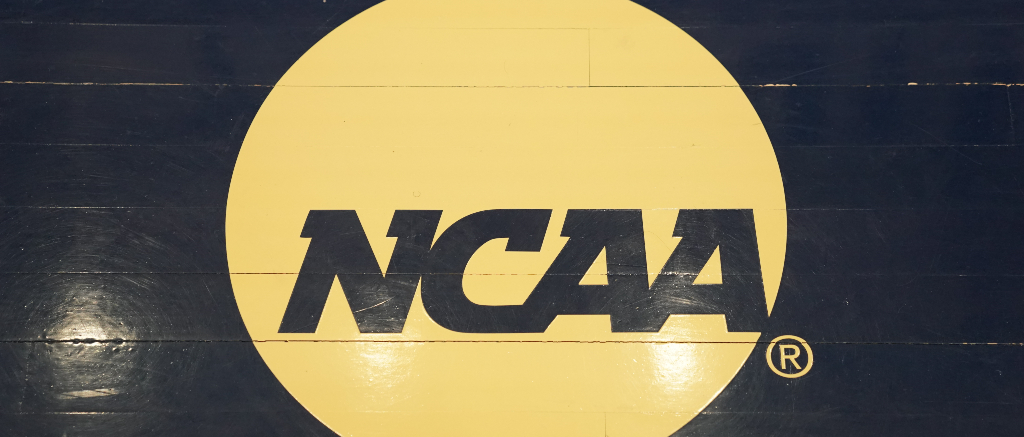
On Monday, the Supreme Court issued a ruling in the NCAA v. Alston case, which alleged that the NCAA’s rules against schools being able to offer student athletes better benefits tied to education violated antitrust laws. The decision from the court was unanimous, with all nine justices ruling against the NCAA.
Neil Gorsuch wrote the majority opinion, which limited the scope of this ruling to education benefits in particular, but Brett Kavanaugh wrote a concurring opinion that opened the doors for a deeper look into the NCAA’s rules as they pertain to anti-trust laws in future cases. Kavanaugh’s opinion was particularly scathing in its critique of the NCAA, stating flatly that “the NCAA is not above the law” when it comes to fair compensation for players.
To be sure, the NCAA and its member colleges maintain important traditions that have become part of the fabric of America—game days in Tuscaloosa and South Bend; the packed gyms in Storrs and Durham; the women’s and men’s lacrosse championships on Memorial Day weekend; track and field meets in Eugene; the spring softball and baseball World Series in Oklahoma City and Omaha; the list goes on. But those traditions alone cannot justify the NCAA’s decision to build a massive money-raising enterprise on the backs of student athletes who are not fairly compensated. Nowhere else in America can businesses get away with agreeing not to pay their workers a fair market rate on the theory that their product is defined by not paying their workers a fair market rate. And under ordinary principles of antitrust law, it is not evident why college sports should be any different. The NCAA is not above the law.
Earlier in his argument, he pointed to how out of place the NCAA’s practices would look in any other field, which seems to open up the NCAA to more litigation regarding player compensation beyond just education-related benefits in the future — with lawsuits already out and being added to as we speak.
The NCAA couches its arguments for not paying student athletes in innocuous labels. But the labels cannot disguise the reality: The NCAA’s business model would be flatly illegal in almost any other industry in America. All of the restaurants in a region cannot come together to cut cooks’ wages on the theory that “customers prefer” to eat food from low-paid cooks. Law firms cannot conspire to cabin lawyers’ salaries in the name of providing legal services out of a “love of the law.” Hospitals cannot agree to cap nurses’ income in order to create a “purer” form of helping the sick. News organizations cannot join forces to curtail pay to reporters to preserve a “tradition” of public-minded journalism. Movie studios cannot collude to slash benefits to camera crews to kindle a “spirit of amateurism” in Hollywood.
Price-fixing labor is price-fixing labor. And price-fixing labor is ordinarily a textbook antitrust problem because it extinguishes the free market in which individuals can otherwise obtain fair compensation for their work. Businesses like the NCAA cannot avoid the consequences of price-fixing labor by incorporating price-fixed labor into the definition of the product. Or to put it in more doctrinal terms, a monopsony cannot launder its price-fixing of labor by calling it product definition.
It is as damning a condemnation of the NCAA’s concept of amateurism as you will find anywhere, and that it came from a Supreme Court justice (albeit in a concurring opinion rather than the majority opinion) seems to not bode well for the NCAA’s future in running as it does currently. After bipartisan name, image, and likeness legislation stalled at the federal level, the unanimous decision of a rather famously divided Supreme Court would seemingly provide incentive for both parties to return to the drawing board to figure out a national NIL law, particularly now that the Court has provided even more guidance on what they view as legal with regards to the NCAA’s rules.
In the meantime, it’s going to be very interesting to see how far schools are able to stretch the “education-related” benefits umbrella, in what should be a major win for athletes.
